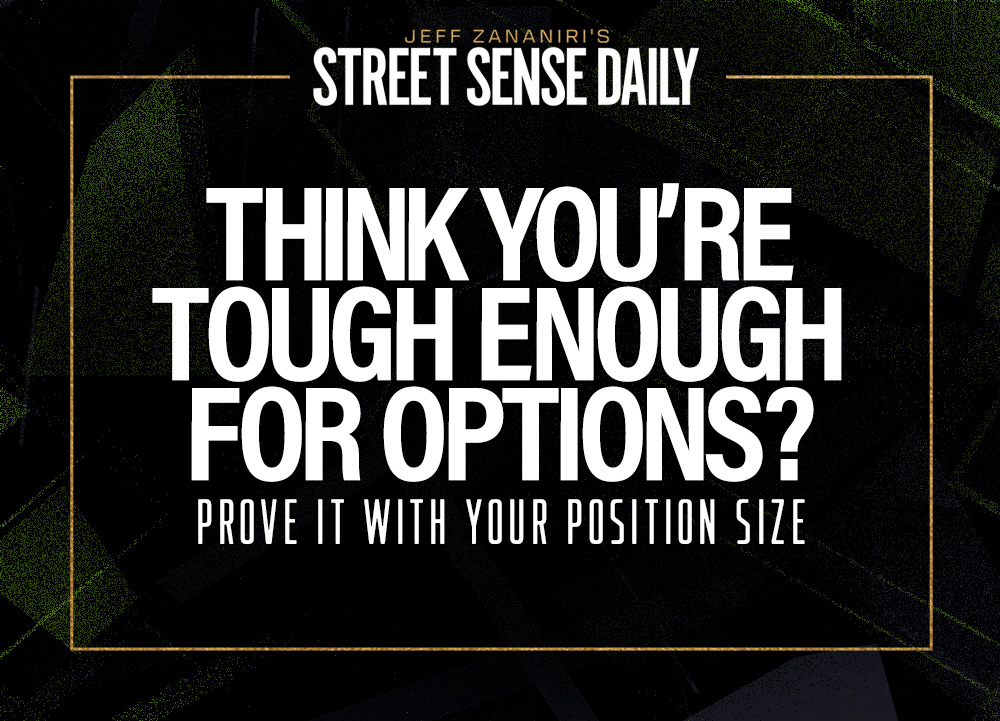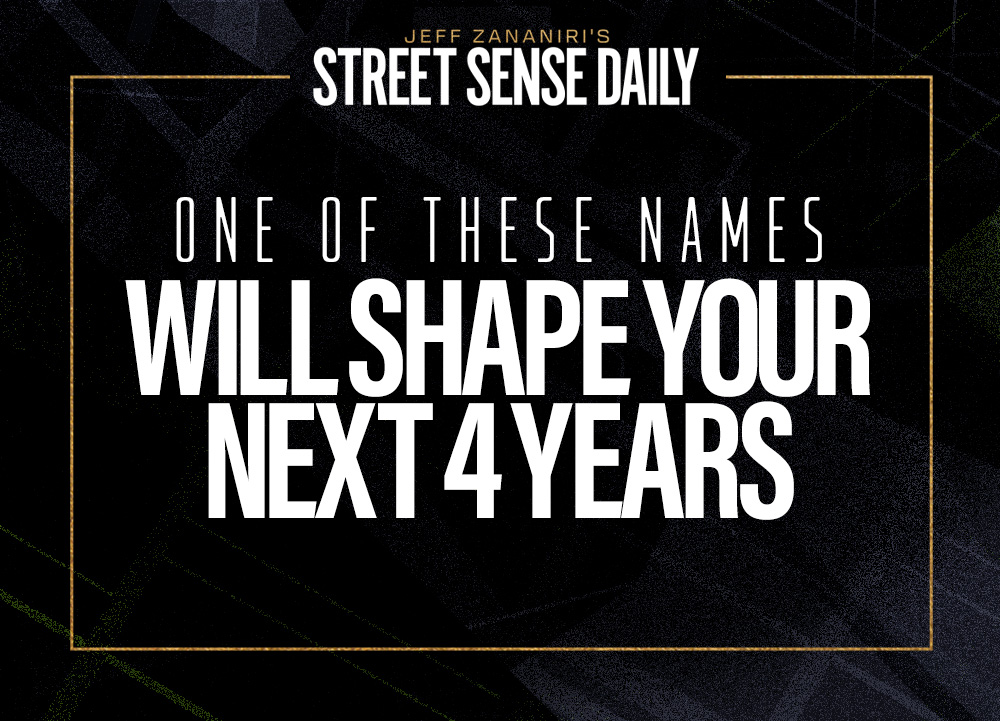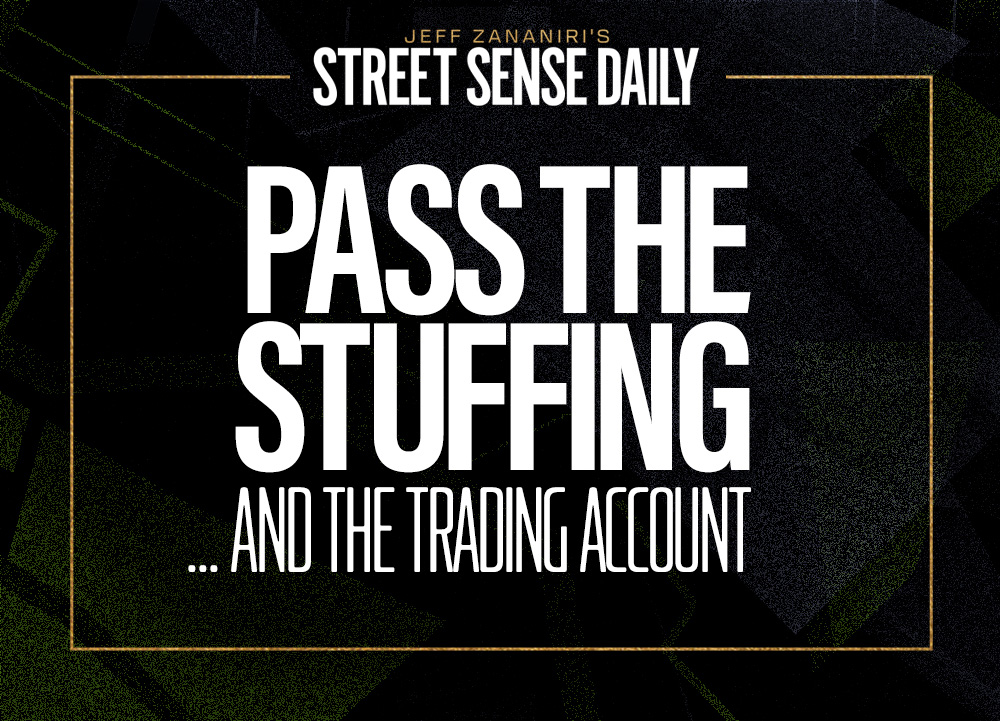The truth is, most traders fail.
But there’s a reason a tiny percentage manage to walk away with seven- or even eight-figure profits.
One of the biggest differences?
They know exactly how much risk they’re comfortable taking, and they stick to it.
Last week was a perfect reminder of why that matters.
Between renewed trade tensions, worries over interest rates, a barrage of key economic data, and several other screaming headlines, we’re not exactly in the calmest waters right now.
And in this kind of market, knowing your risk tolerance is everything.
Let me help you figure out where you stand.
What Is Risk Tolerance, Really?
Risk tolerance is how much uncertainty and potential loss you can stomach financially and emotionally.
It’s not something I can hand you a formula for.
Yours is personal.
It’s based on your experience, your finances, and even your temperament.
But you can figure it out.
Consider these six questions as you continue building your cred.
1. How Much Experience Do You Have?
When I started out on Wall Street, I wasn’t running around placing huge bets.
I had to prove myself with smaller trades, get a feel for how markets move, and build up confidence from there.
Same goes for you.
If you’re newer to options trading, your risk tolerance should be on the lower side.
Not because you’re timid, but because you haven’t seen enough to know what feels right.
That changes with time.
2. Are You Really Weighing Risk vs. Reward?
Big wins come with big risks.
But smart traders think about when those trades are actually worth the downside.
If you can’t stand the idea of losing money, even temporarily, you’re probably not going to handle volatile positions well.
That’s fine — it just means your strategy needs to match your mindset.
3. How Do You React Under Pressure?
I’ve always been drawn to risk.
I grew up around betting. At the racetrack with my dad, poker nights with my buddies.
Trading was a natural fit.
But that’s me.
Some traders panic when their position goes red for five minutes.
Others go numb and freeze.
Neither is great.
The key is knowing how you respond, and then planning around that.
4. What’s Your Financial Situation?
You should never risk money you need to keep the lights on.
Trading capital should be completely separate from your day-to-day needs.
If you’re trading with rent money, you’re not a trader — you’re a gambler, and the odds are stacked against you.
Have a financial cushion?
You can afford to be a little more aggressive.
Just don’t confuse flexibility with recklessness.
5. How Big Are Your Trades?
Your position size should reflect your risk comfort zone.
Most pros will tell you: Don’t risk more than 1%–5% of your total capital on a single trade.
This keeps you in the game when a trade doesn’t go your way — and believe me, plenty won’t.
I still trade small when I’m testing something. Size comes after the strategy proves itself.
6. The Mistake That Wrecks Portfolios
This one’s simple: Don’t risk more than you’re willing to lose.
Sounds obvious, but it’s the No. 1 mistake I see traders make.
They get cocky, size up too fast, and the market humbles them.
If you want to last in this business, start by hitting singles.
Build consistency. Build confidence.
And stay alive long enough to scale up when it makes sense.
Final Word
Risk tolerance isn’t a buzzword.
It’s the backbone of smart trading.
Learn it. Respect it. Revisit it often.
Because when markets get loud (like they are right now), it’s your internal compass that’ll keep you from blowing up.
Trade smart,
— Jeff Zananiri
And if you really want to trade smarter, join me Wednesday at 2 p.m. ET for a live market briefing on the hidden signal behind Nvidia’s $3 trillion breakout.
Danny Phee, Aaron Hunziker, and I will show you the structural trigger that helped fuel Nvidia’s historic move — and why it’s flashing again right now.
Most traders never spot it. But when a stock hits this zone … it can move fast.
Don’t miss this. Register now.
*Past performance does not indicate future results.



